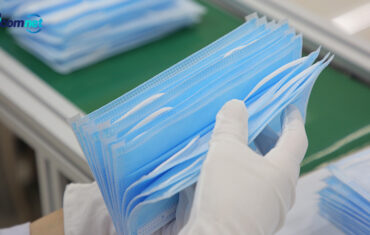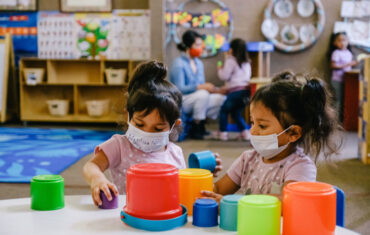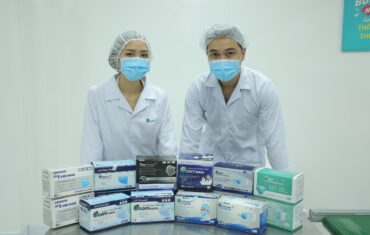Social distancing is your first line of defense against the Coronavirus. However, if you’re going to go outside, you should be wearing a mask. Not all masks are created equal, and levels of protection are varied. It is important to look at several face mask factors to help you find the best anti-virus mask.
You should consider the following factors:
- Filtration: The filtration prevented droplets and particles from passing through the mask. The higher the filtration level, the less likely it is for virus-causing particles to permeate the mask. Therefore, it can make viruses less likely to spread. Masks should have at least 2 layers of fabric to be effective.
- Fit: A more fitted mask helps to stop virus-causing particles from seeping out of or into the mask through open spaces on the top, bottom, and sides of the mask. Additionally, masks must fit over both the mouth and nose to be effective.
- Type: If you’re trying to prevent the spread of germs, a simple face mask such as cloth mask, medical face mask (surgical face mask) will potentially suffice. However, if you are showing symptoms or have a higher risk of spreading the disease, you’ll want an N95 respirator. N95 respirator is tighter-fitting and generally more effective.
- Longevity: Face mask factors are important and different masks deliver different lifespans. As you know, the best surgical face masks shouldn’t be worn for more than a day. It’s recommended that you replace yours once every 8 hours or even less than that if you’ve been around wide groups of people.
- Maintenance: You have to wash your hands before touching or applying the mask and make sure you’re wearing it correctly. You need to avoid touching the front part of the mask where germs and bacteria are most likely to gather. Dispose of the mask after using it and then wash your hands.






